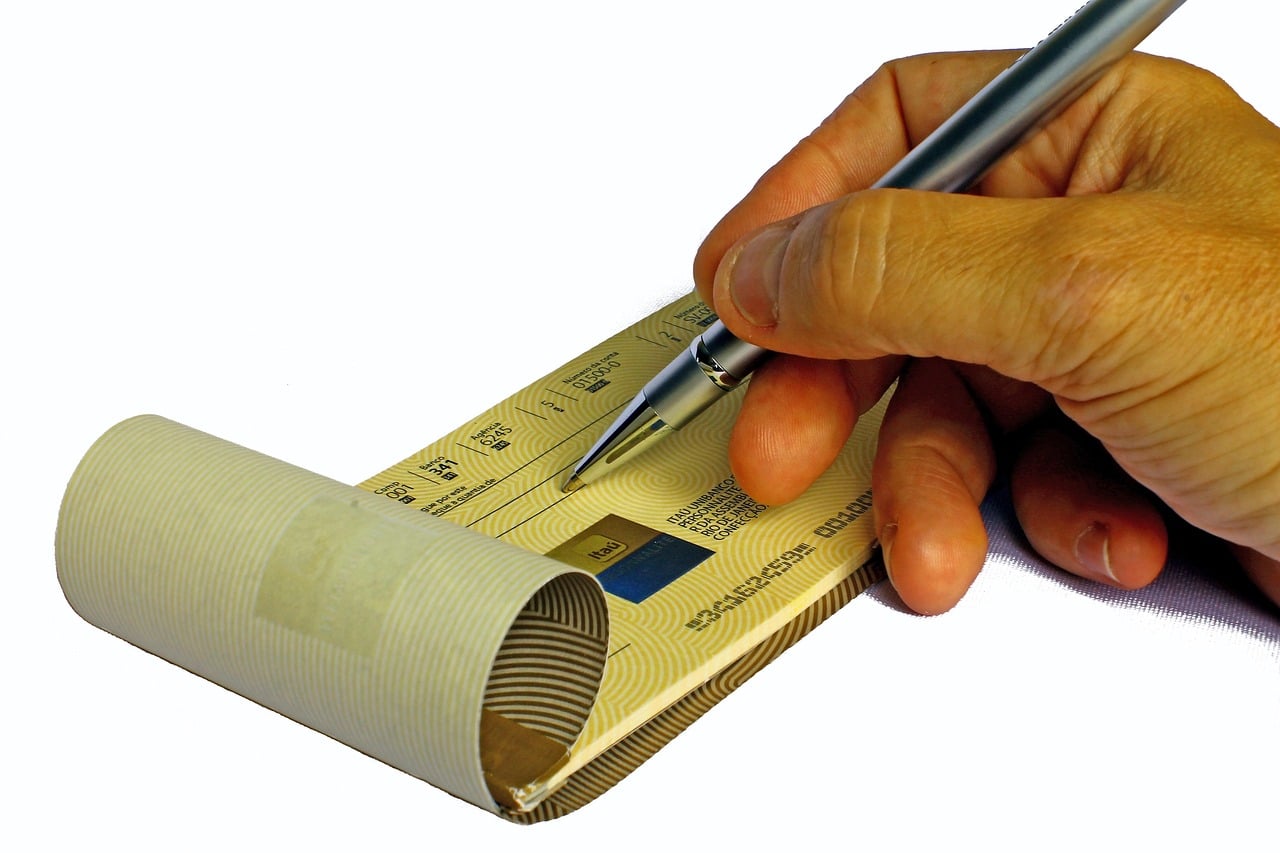Pawn shops operate at the intersection of retail, short-term lending, and secondhand goods — a complex business model that demands flexible, reliable, and secure transaction systems. Unlike typical retail operations, pawn shops must track inventory tied to loans, manage repayment schedules, and appraise one-of-a-kind items, all while maintaining compliance with state and federal regulations[1]. For this reason, the tools that work for traditional merchants often fall short in the pawn industry.
To meet these challenges, modern pawn businesses need specialized pawn shop software and payment processing systems that support both the transactional and regulatory demands of their industry. From hi tech pawn software that streamlines point-of-sale operations to credit card processing providers that serve high-risk businesses, this article explores how pawn shops can optimize their financial infrastructure and scale operations without compromising on compliance or security.
Why Pawn Shops Are Classified as High-Risk Merchants
Pawn shops are almost universally labeled as high-risk by banks and payment processors due to their association with secondhand goods, high chargeback rates, and regulatory exposure. This classification affects their ability to open accounts, secure loans, and process credit card payments. The process of securing a merchant account high risk is more rigorous than standard account approval, and requires clear documentation, business history, and compliance procedures.
This high-risk status often limits pawn shops to a smaller pool of credit card processing providers, many of which impose higher transaction fees or rolling reserves to offset their perceived risk. However, working with a processor that specializes in high-risk industries can unlock better tools, more robust fraud prevention, and greater operational stability.
The Limitations of Traditional POS Systems in Pawn Settings
Generic POS platforms fail to meet the unique demands of pawn shop operations. Traditional retail systems lack features for loan tracking, item storage, and compliance documentation. Pawn businesses must manage collateral, interest accrual, customer IDs, and redemption workflows — none of which are supported in standard retail software[2].
The limitations of basic POS systems can lead to manual workarounds, data inaccuracies, and lost opportunities for automation. For a pawn shop to grow and remain competitive, adopting purpose-built pawn shop programs software is essential. These systems are designed to support both the retail and financial aspects of the business.
The Importance of PCI DSS Compliance in Pawn Settings
Processing card payments brings with it the responsibility of data security. Pawn shops must ensure that their POS systems and payment providers adhere to PCI DSS standards to prevent breaches and legal penalties. This includes secure data transmission, encryption, tokenization, and user authentication.
Working with a processor and software platform that offers built-in PCI compliance features ensures that even smaller operators can meet these requirements without hiring dedicated IT teams[3].
Key Features of Effective Pawn Shop Software
Modern pawn operations require comprehensive tools that bridge the gap between retail sales, loan management, and compliance. The most effective pawn shop software solutions are those that automate manual tasks, streamline reporting, and integrate with secure payment platforms.
How Payment Reporting Tools Improve Financial Oversight
Data-driven decision-making is critical for pawn shops looking to scale profitably. Integrated payment and sales reporting provides visibility into cash flow, loan performance, seasonal demand, and more. Managers can set performance benchmarks, assess staff efficiency, and spot discrepancies early — all from within their pawn shop software environment. By leveraging these insights, pawn shop owners can make informed adjustments to their operations, ultimately enhancing customer satisfaction and driving growth.

Effective Pawn Shop Software Features
Loan Lifecycle Tracking
A quality system tracks every step of the loan process — from item intake and appraisal to due dates, redemptions, and forfeitures. This automation reduces the risk of errors and ensures customers are notified of repayment deadlines and terms.
Inventory Integration
Each pawned item must be recorded and cataloged with item descriptions, serial numbers, photographs, and loan terms. Software that integrates inventory management with loan records creates a clear chain of custody for each item.
Customer ID Verification
Pawn shops are often required to verify government-issued IDs and maintain customer records to meet legal requirements. Advanced systems integrate ID scanning, database checks, and biometric authentication to streamline this process while improving security.
Automated Compliance Reporting
Whether local or federal, pawn shops must report transactions to law enforcement agencies or licensing boards. Good software platforms automate daily reporting and integrate with law enforcement databases to ensure regulatory compliance.

The Role of Credit Card Processing Providers in Pawn Operations
A modern pawn business cannot rely solely on cash transactions. To attract a broader customer base and improve the customer experience, pawn shops must offer card payments, both in-store and online. But many processors decline to serve pawn businesses outright — forcing owners to turn to credit card processing providers that support merchant account high risk clients.
The right provider offers more than just payment acceptance. It includes chargeback mitigation tools, PCI DSS compliance support, and fraud detection services that protect the business and its customers. Some also integrate directly with pawn shop software, streamlining reconciliation and reducing manual entry errors.
How Hi Tech Pawn Software Improves Operational Efficiency
Integrating hi tech pawn software into a pawn shop’s daily operations unlocks new levels of efficiency and control. By consolidating transaction tracking, inventory management, and customer communication in one place, staff spend less time on administrative work and more time serving customers.
These platforms also provide centralized dashboards for multi-location oversight, digital signatures for contract finalization, and integration with barcode scanning or RFID tagging systems. Together, these features allow pawn shops to scale their operations while reducing error rates and improving transparency.
Selecting the Right Pawn Shop Programs Software
Choosing the best pawn shop programs software depends on the shop’s size, business model, and local regulations. Smaller operators may benefit from streamlined platforms that focus on inventory and payments, while larger or multi-location shops require advanced tools for compliance, analytics, and employee permissions[4].
It’s also important to assess integration capabilities with existing systems, including accounting software, payment gateways, and government reporting tools. Software that’s difficult to integrate can create data silos and inefficiencies that outweigh its benefits.
Enhancing Customer Experience with Integrated Payment Solutions
Today’s pawn customers expect convenience. Whether they’re making a purchase or redeeming a pawned item, the ability to pay with a card or mobile wallet improves the experience and reflects positively on the business. Modern payment terminals, virtual terminals, and mobile payment options — integrated directly into the hi tech pawn software — ensure that customers aren’t inconvenienced or confused at checkout.
By removing payment friction and reducing wait times, pawn shops can serve more customers in less time, while also increasing average transaction value. This added convenience can be a competitive differentiator in markets saturated with secondhand and loan-based services.

The flexibility of virtual POS systems benefits pawn shops just as much as retail stores. With mobile POS features, staff can conduct transactions from different areas of the shop or during mobile pickup services. Cloud-based dashboards also allow owners and managers to oversee store performance, loan redemptions, and inventory turnover from any location.
These remote tools ensure that even when the owner isn’t on-site, the business remains under control. Real-time alerts, digital receipts, and employee activity logs reduce the risk of mismanagement and fraud.
Conclusion
Pawn shops face a unique set of challenges that few other businesses encounter — from complex loan tracking and regulatory reporting to high-risk payment profiles and inventory tied to financing. To thrive in today’s environment, these businesses must adopt modern tools that simplify transactions, streamline compliance, and create positive customer experiences[5].
Payment Nerds offers tailored merchant account high risk solutions and integrations with trusted pawn shop software platforms. Whether you need secure credit card processing providers, flexible POS functionality, or full-scale integration with pawn shop programs software, we help you build a tech stack that supports growth, compliance, and operational excellence. For pawn shops ready to modernize, Payment Nerds delivers high-performance infrastructure built specifically for your business model.
Sources
- U.S. Small Business Administration. “Pawn Shop Regulations and Reporting Requirements.” Accessed March 2025.
- Federal Trade Commission. “Consumer Lending and Pawn Business Compliance.” Accessed March 2025.
- Forbes. “Why Pawn Shops Are Embracing Fintech and POS Innovation.” Accessed March 2025.
- MIT Technology Review. “Modern POS Systems and Inventory Automation.” Accessed March 2025.
- PCI Security Standards Council. “Best Practices for Small Merchant PCI Compliance.” Accessed March 2025.











